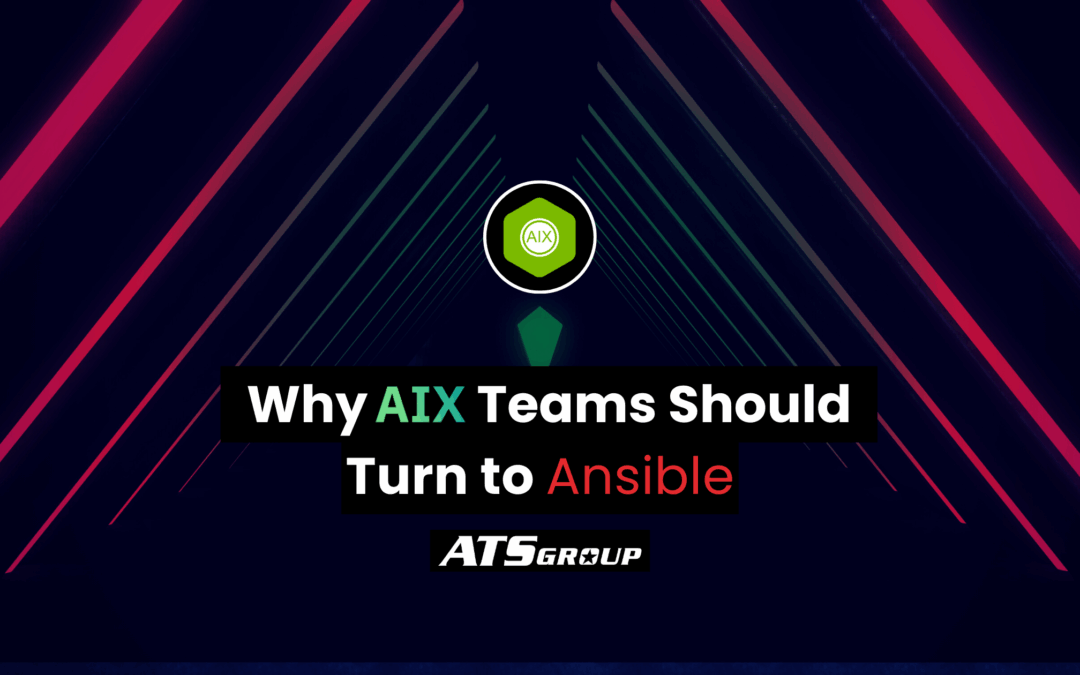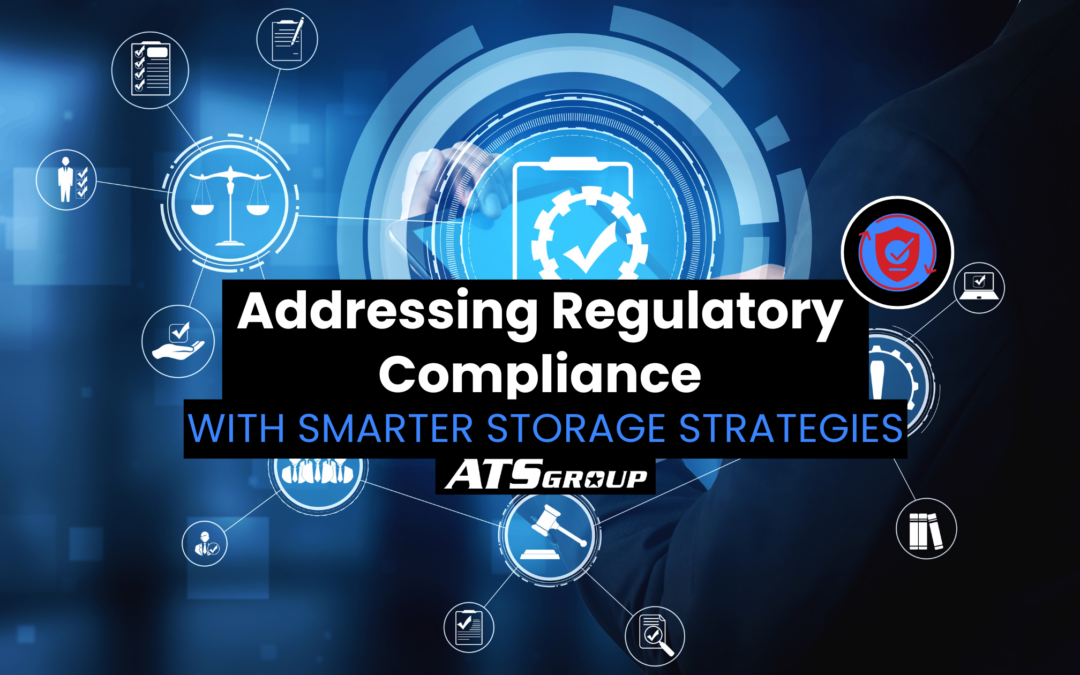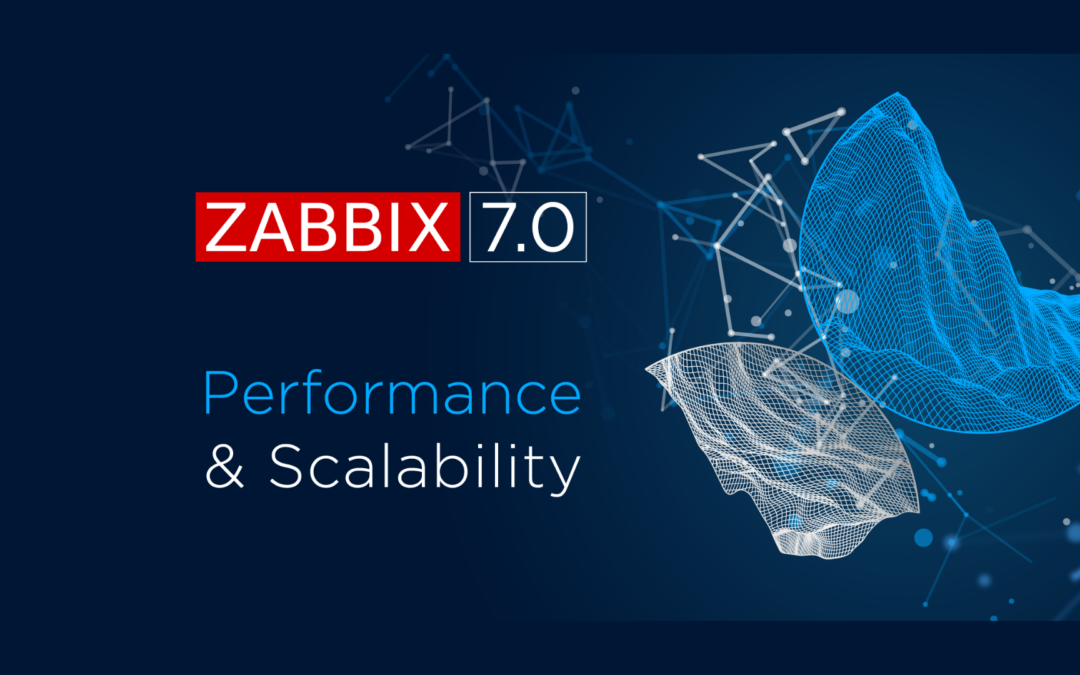Things move quickly in the business world, particularly when it comes to technology. Strategically adopting emerging solutions can help an organization differentiate itself within the marketplace and provide the best experience possible, both internally for its staff members and within customer-facing systems.
However, as new solutions continue to roll out and gain buzz in the enterprise and tech industries, it’s important that decision-makers are aware of the top trends, as well as how these might potentially impact their infrastructure. Not having the right expertise or infrastructure support in place could cause a trending tech initiative to fail internally, or lack the ability to provide the type of ROI business leaders were hoping for. Considering the possible benefits alongside the potential infrastructure impacts of tech trends ahead of time is imperative ahead of implementing anything new.
Let’s take a look at some of the top trending technology solutions and approaches that will make waves in 2019, and how you can best prepare your infrastructure to support these types of emerging systems.
Connected clouds: ‘Multicloud’
While, in some cases, the cloud has been a part of enterprise infrastructure for years now, Forbes and CMO Network contributor Daniel Newman noted that next year, the lines will keep blurring between different cloud services. What’s been known as a hybrid cloud architecture will develop even further, and include connected public and private cloud environments to create a more multicloud configuration.
“Basically, what’s happening is that companies are realizing that going all public cloud, private cloud, or data center isn’t the best option,” Newman wrote. “Sometimes they need a mix of all or both. Thus, connected clouds are continuing to develop to meet companies’ changing needs – whether they want to cloud-source storage, networking, security, or app deployment.”
In this way, chances are good that businesses across nearly every industry sector will continue to move increasingly critical workloads to cloud environments. This will require robust partnerships between companies and their cloud providers, as well as robust expertise on the part of cloud vendors to ensure that rising cloud investments do provide value and benefits for the organization. In addition, it’s always important to have the proper visibility into capacity management and data protection, particularly within cloud environments.
Data abounds: Analytics, artificial intelligence and machine learning
In recent years, data has become a commodity and enterprises have been quick to capitalize on and analyze the sources they have on-hand. This trend will further develop next year as initiatives that center around data analysis continue to be a priority. This includes artificial intelligence and machine learning, particularly as additional use cases emerge.
In many cases, even organizations that are already participating in analytics and exploring AI and ML are only on the cusp of realizing the true value and advantages that data can provide, particularly for decision-making and overall strategy. There is considerable room for maturity within these initiatives, which we’ll continue to see in 2019 and beyond.
However, as with any type of data-driven initiative, storing and processing large volumes of information requires considerable infrastructure support, which must be coupled with the right capacity planning and performance management. IT teams must ensure that they have the necessary resources to enable these types of demanding activities.
What’s more, having the right data protection in place is imperative, especially as more regulatory standards require increased safeguarding of individuals’ sensitive details.
Privacy: A top priority
As more workloads are moved to the cloud, and businesses place a high priority on data and analysis, incorporating security and privacy must go hand-in-hand. As IT Toolbox contributor Neil Miller pointed out, 2018 became the year of data privacy with the European Union’s General Data Protection Regulation going into effect in May. Concerns surrounding data privacy won’t slow heading into 2019, and ensuring that the right safeguards and associated policies are in place will only become more important, and potentially more difficult.
In this way, it can be a great benefit for organizations to partner with an expert technology service provider that can support needs for cloud computing and consulting, as well as data protection and storage management. In addition, pairing this partnership with an infrastructure performance solution that can enable in-depth visibility across the entire infrastructure can be especially beneficial. To find out more, connect with The ATS Group today.



